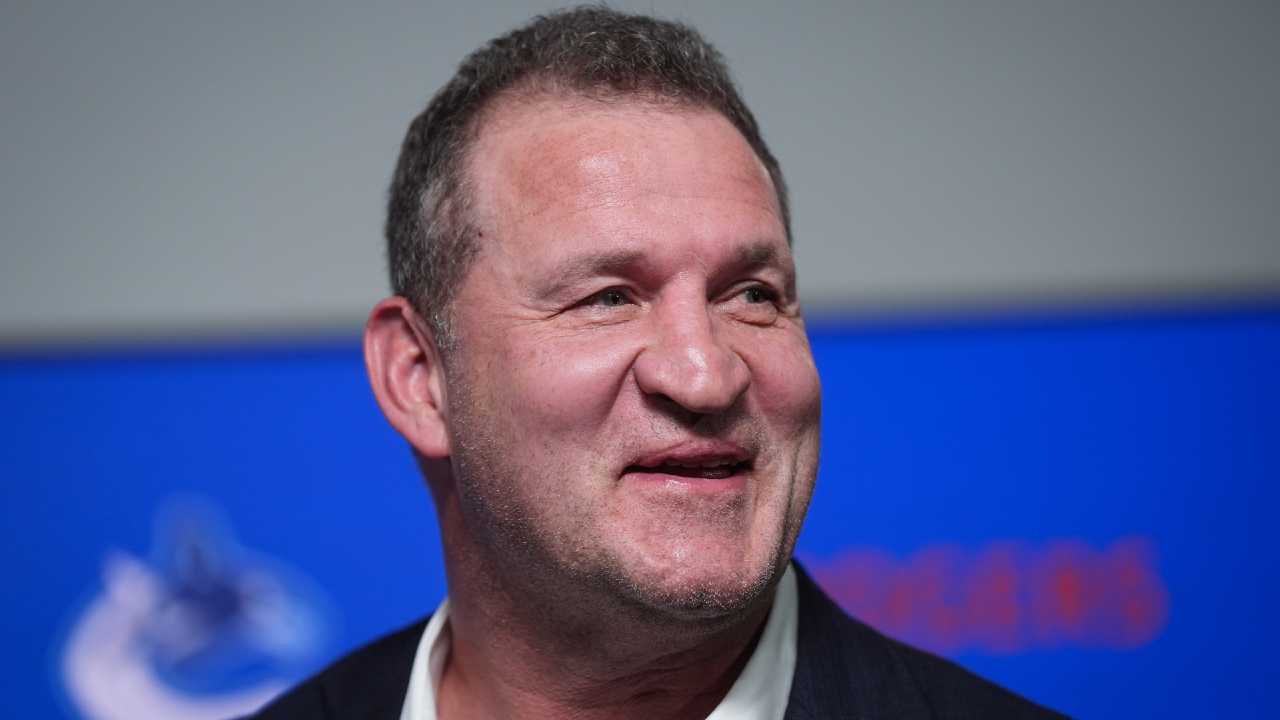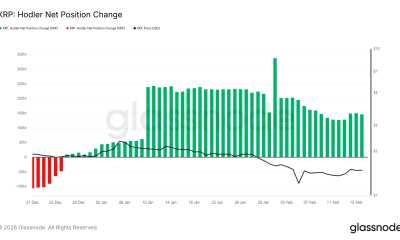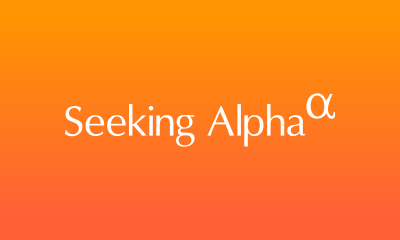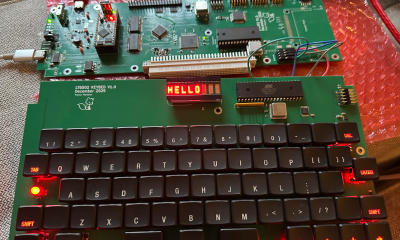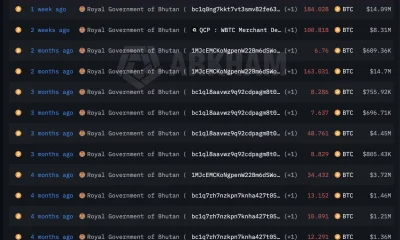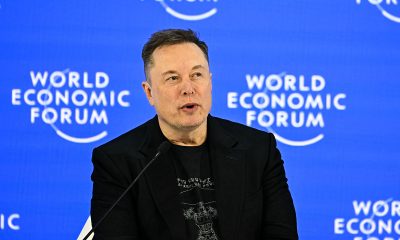Sir Jim Ratcliffe caused controversy around Manchester United when he suggested the United Kingdom had been colonised by immigrants in an interview this month
Sir Jim Ratcliffe has escaped an FA charge following his comments that the United Kingdom is being colonised by immigrants. The Manchester United co-owner has been reminded of his responsibilities as a senior figure in English football when giving interviews by the FA, but no investigation or punishment will take place.
Discussing immigration, Ratcliffe pointed to erroneous statistics. He said: “You can’t have an economy with nine million people on benefits and huge levels of immigrants coming in. I mean, the UK has been colonised. It’s costing too much money.
“The UK has been colonised by immigrants, really, hasn’t it? I mean, the population of the UK was 58million in 2020, now it’s 70million. That’s 12million people.”
The 73-year-old billionaire issued a statement apologising if his choice of language had offended some people. He added that it was “important to raise the issue of controlled and well-managed immigration”.
In his press conference on Friday, interim United boss Michael Carrick was asked about the remarks. The former midfielder steered clear of commenting on Ratcliffe but praised the club’s stance.
FOLLOW OUR MAN UNITED FACEBOOK PAGE! Latest news and analysis via the MEN’s Manchester United Facebook page
“Sir Jim made his statement and the club made a statement on the back of it. It is not my place to add to that. Enough has been said in that regard,” he said.
“What I can say is that I have been around this club many years and we always make a huge impact globally and we are really responsible for that. Throughout the years, as a player and member of staff and as a supporter, we are really proud of the environment and culture we’ve got at the club.
“Equality and diversity and respect for each other is something we look to carry through every day. I have travelled the world and know what this club means to an awful lot of people. I am fully aware of the responsibility and we try to carry that out every day. I am proud of what the club stands for and has done for so long.”
Ensure our latest sport headlines always appear at the top of your Google Search by making us a Preferred Source. Click here to activate or add us as Preferred Source in your Google search settings
“I think part of being at this club, we understand what it’s like globally and the responsibilities we have within this,” he added.
“I can only speak from my personal experiences of being here for a long time with various managers, with various staff … different backgrounds and it’s something we’re fully aware of and I am. And I’m proud of what the club stands for and has done for so long really, and I’m really aware of that.”
United released a statement after Ratcliffe’s comments but did not mention their owner. “Manchester United prides itself on being an inclusive and welcoming club,” the statement said.
“Our diverse group of players, staff and global community of supporters, reflect the history and heritage of Manchester; a city that anyone can call home.”





